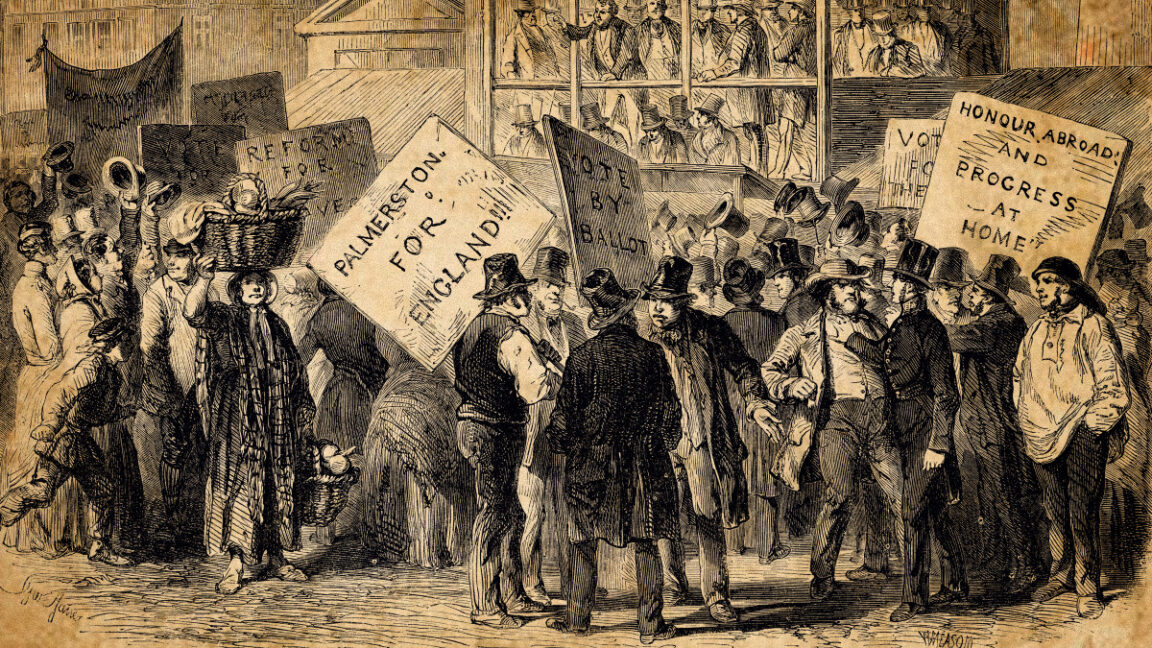Hobbyist AI Developer Uncovers Hidden Victorian History Through Unique Language Model

A passionate hobbyist programmer has unexpectedly uncovered a piece of Victorian-era history while experimenting with an AI language model designed to imitate 19th-century English. The developer, who aimed to create a chatbot that speaks in authentic Victorian diction, was surprised when his latest AI output referenced a real protest that took place in London in 1834—events he had not been aware of until he looked them up online.
Reddit user Hayk Grigorian, a computer science student at Muhlenberg College in Pennsylvania, shared his experience. “I was curious whether a protest had actually occurred in 1834 London, and to my astonishment, it did,” he explained. His curiosity led him to develop a project called TimeCapsuleLLM, a small-scale AI language model trained exclusively on texts from London between 1800 and 1875. The goal was to generate responses that reflect the linguistic style of the Victorian period, rich in biblical references and rhetorical flourish characteristic of that era.
Over the course of a month, Grigorian’s model learned to emulate the tone and vocabulary of the time, producing outputs that sound convincingly Victorian. However, during one testing session, the AI mentioned specific historical events, including protests in 1834, which Grigorian had not explicitly programmed or fed into the training data. Intrigued, he researched further and confirmed that such protests did indeed occur, highlighting how the model inadvertently “discovered” historical facts through its training data.
This incident showcases the potential of specialized AI models not just for language imitation but also as unexpected tools for historical discovery. Grigorian’s project exemplifies how training AI on specific time periods can uncover or reinforce knowledge about lesser-known historical events, even without direct input. For more on designing historical language models, interested readers can explore resources on natural language processing and AI training techniques at reputable AI research organizations.



